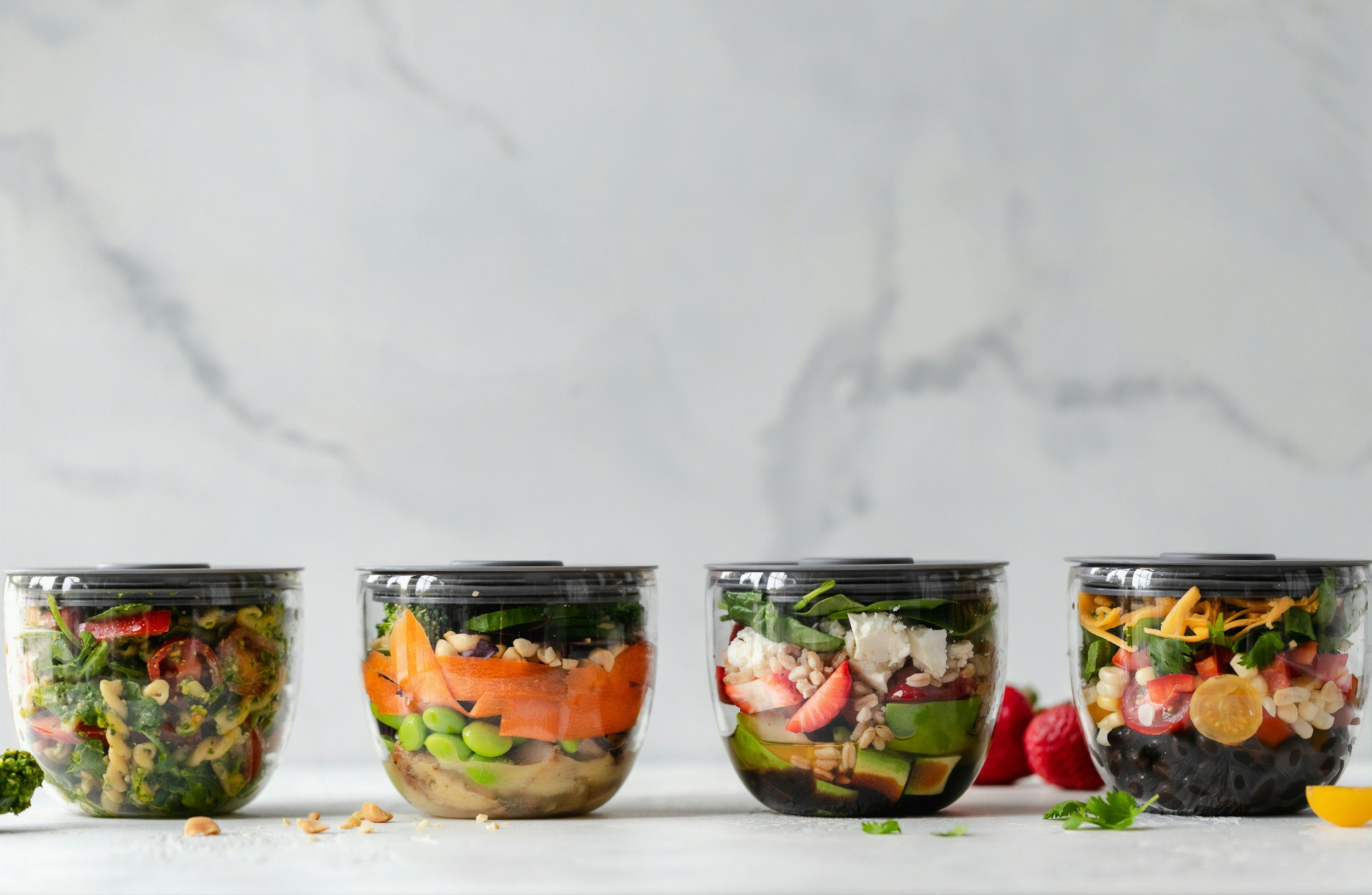How to Create a Personalized Meal Plan for Your Goals
How to Create a Personalized Meal Plan for Your Goals
There is no one-size-fits-all meal plan. Your body, goals, preferences, sensitivities, and lifestyle all influence what and how you should eat. A personalized meal plan is built around your unique needs to help you reach your goals in a sustainable and realistic way.
Why Personalized Nutrition Matters Generic diets rarely work long-term. Your metabolism, hormone balance, food reactions, and activity level are unique to you and all affect what you need.
Personalized meal planning takes into account:
Your health goals (weight, energy, digestion, inflammation, hormone balance, health status)
Food sensitivities or allergies
Daily schedule and stress load
Cooking skills and kitchen access
Cultural preferences and favourite flavours
Family situation and desire to cook (or not)
Steps to Build Your Personalized Meal Plan
Clarify Your Goals Start with what you want to improve or change. Whether you want more energy, better digestion, weight change, lower cholesterol, balance blood sugar, or hormonal support, your goal will guide your plan.
Track Your Current Eating Habits Keep a food and symptom journal for 3 to 5 days. This helps identify patterns, gaps, and potential food triggers.
Focus on Balanced Meals Build every meal with a protein, healthy fat, fibre, and colourful vegetables. This supports blood sugar stability and sustained energy.
Plan Realistically Choose meals you enjoy and can realistically prepare. If you’re busy in the evenings, batch-cook or choose simple options.
Use a Weekly Structure Outline 2 to 3 options for each meal and rotate them. This reduces decision fatigue and keeps your meals interesting.
Support Your Weakest System For example, if digestion is a concern, include gut-supportive foods like bone broth, bitter greens, or fermented vegetables.
Common Planning Mistakes to Avoid
Skipping meals or under-eating
Eating the same few foods every day without variety
Ignoring symptoms like bloating or fatigue
Following strict plans that are unsustainable
Conclusion Meal planning is more than just choosing healthy foods. A personalized plan connects your food choices to your health goals, creating structure and success without stress.
Call to Action Want help creating a meal plan tailored to your health goals, symptoms, and lifestyle? Book a one-on-one session with Shannon at The Wholesome Pantry to get started.

